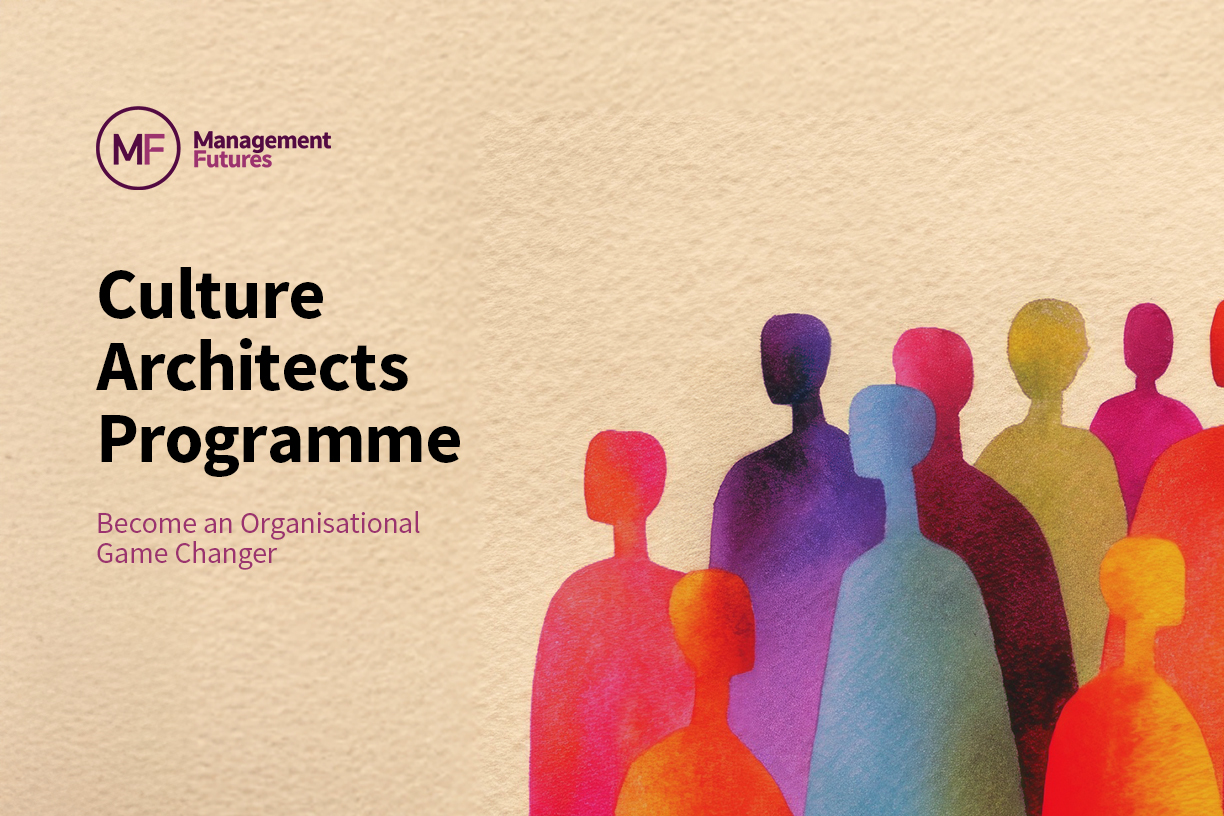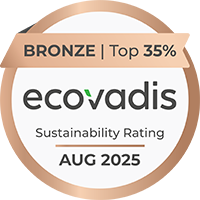As MF's Phil Hayes explains, being well trained and properly qualified in coaching can make a huge difference to the value that HR professionals add to their organisations.
Coaching is one of those rare things - something that benefits everyone who is touched by the process.
Sometimes these benefits are direct and sometimes less so, but they are there.
Consider:
- The coachee/client - who is helped to think through important issues and make key decision and plans, thus enhancing both career and life fulfilment
- The coach – who, by learning to develop others, learns so much about themselves and becomes ever more resourceful as their skills develop
- Organisations - who benefit from more motivated, focused and engaged staff
- Wider society - the colleagues, and even families and social networks of those who have been coached, who benefit from contact with a more focused, fulfilled and balanced individual
Trusted and relevant
It’s also fair to say that we have reached a point in the development of coaching as a skill set that it is now rare to encounter scepticism or cynicism about its benefits and relevance to individual, team and organisation performance.
In fact, coaching is now widely seen as a ‘must have’ in any organisation that takes staff development and support seriously.
The heart of learning and development
And at the centre of this organisational life are HR and Talent Management professionals. Typically, it is their responsibility to:
- Commission coaching for senior leaders and managers
- Introduce coach skills training programmes
- Monitor and measure the effectiveness of coaching interventions
- Act as advocates, champions and models of the coaching approach
- Act as coaches themselves, usually to senior leaders, often in ‘ad hoc’ situations
Their effectiveness in this role of course depends on their own levels of knowledge and skill in the coaching process – and it’s our experience at MF that standards in this area vary enormously.
The perils of poor judgement
We have encountered many examples of HR professionals who over-estimate their skills and knowledge level.
On a recent programme of advanced skills training we encountered a participant who proclaimed, “I’ve been coaching since God was a child” and they saw little prospect of being able to add to their knowledge or skill level.
Observation of them at work showed little evidence to support such confidence!
The main pitfalls in this area seem to be:
- Confusion about the fundamentals of the coaching ethos – ‘coaching’ typically straying into areas such as mentoring, counselling or tuition
- Lack of rigour in assessing competence levels
- Inadequate training
- Little organisational support to develop skills further
- Limited appetite for the discipline of continued practice, reflection and enhancement of the core skills
The benefits of continued development
On the flip side, we also know many HR professionals who have put in the necessary work to up their skills through thorough training, rigorous practice and gaining respected qualifications.
And the difference between ‘just ok’ and excellent coaching skills is clear to us.
We see those HR professionals who attain excellence operate at a different level in their organisations. They can:
- Build respect and confidence in their coaching skills at senior levels, thus enhancing their professional standing
- Discriminate in their purchasing of coaching services - using their expertise to ensure they buy in and deploy the best coaching provision, thus creating a well-regarded coaching resource
- Manage a wide range of business situations much more skilfully than might have been the case without their excellent skills; examples include managing conflict and managing meetings more effectively
- Intervene skilfully to help with individual issues around confidence, motivation and performance – in the process helping to build staff engagement and loyalty
Coaching skills are crucial
So, the secret is revealed.
Being well trained and properly qualified in coaching can mean a huge difference in the value that HR professionals can add to their organisations.
And, just as important, it can also mean a massive lift in job fulfilment, professional esteem and personal confidence.
TRANSFORM YOUR COACHING SKILLS
At Management Futures we help people develop the skills they need to become fully qualified coaches or to improve their coaching skills as a manager.
Contact Sarah Campbell on +44 (0)20 7928 4841 or email Sarah to find out more about our 4-day Intensive Coaching Skills (ICS) programmes or to see how we can help you gain Institute of Leadership and Management (ILM) qualifications.







